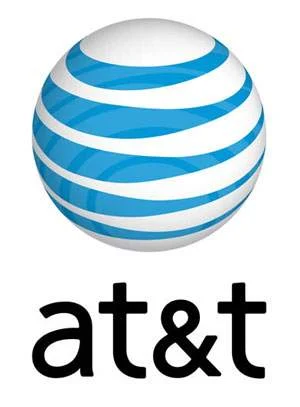It isn’t a good thing when a government-sanctioned entity is criticizing a company over a decision that the government needs to approve.
But that’s exactly the situation AT&T is facing as the Federal Communications Commission slams the company’s proposed buyout of T-Mobile.

No doubt angering AT&T, this story just won’t go away, and every new chapter seems to be a damning chapter for the giant mobile carrier.
In the latest part of the saga, the FCC has released a 157-page report in which the agency concludes the merger would wildly damage competition, lead to job cuts, and ultimately hurt consumers. AT&T has played a lot of cards in trying to convince the FCC and related entities otherwise, but the FCC just isn’t buying it.
AT&T withdrew its FCC application last week, a move that now appears like it knew the agency would not approve of the application.
Also, AT&T probably thought that by withdrawing its application, the report would not be released to the public. But it was. Now AT&T is mad at the FCC, merely calling the report a “draft,” according to a Politico quotation.
The mobile industry in the US is comprised of what’s known as the “big four” – Verizon, Sprint, T-Mobile, and AT&T. Verizon and Sprint run on a standard known as CDMA and can only operate primarily in the United States.
T-Mobile and AT&T, meanwhile, use a different standard called GSM, which is an accepted global standard but doesn’t always get the best reception in the US. If These two combine into one company, that means there’s only a solitary player in the GSM market in North America.
At least, that’s how the argument has been framed so far. AT&T has tried to convince regulators that by becoming a giant company it would be able to create new jobs and stop outsourcing overseas employees (unlikely). It’s also reminding everyone that there are other small carriers. But if it absorbed T-Mobile, AT&T would be 14 times larger than the largest of those minor carriers – that’s not much of a competition.
It’s looking more and more like an uphill battle for AT&T, but the carrier isn’t giving up.






